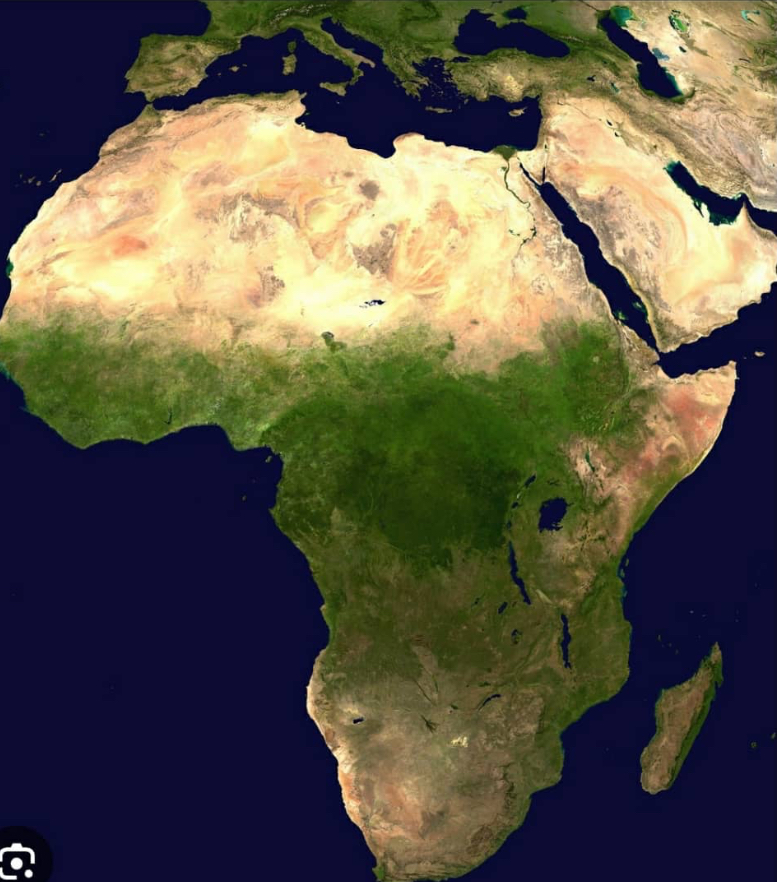By Alpha Amadu Jalloh.
Definitely, the youths are finished in Africa. Our future is being stolen in broad daylight.
Politicians, who should be our protectors and mentors, are instead weaponizing drugs to paralyze the minds and bodies of our young people. It’s a silent war, one where needles and pills are used instead of guns, and the battlefield is our neighborhoods, our schools, and our homes.
We are not just facing a health crisis. We are confronting a crisis of intent. This is not accidental. It is strategic. A youth consumed by drugs is a youth distracted from demanding accountability, from pursuing education, from building a life beyond dependency. A youth sedated by addiction is no threat to the political elite that thrives on voter apathy and systemic disempowerment.
The question is not “how did we get here?” but “why are we still allowing it?”
In every African capital, from Conakry to Nairobi, and from Lagos to Johannesburg, you’ll find increasing numbers of young people hooked on substances. Whether it’s Cocaine Tramadol and Kush in Sierra Leone, Codeine in Nigeria, Kush in Ghana, or Meth in South Africa, these drugs are not merely slipping through the cracks. They are flowing through wide-open doors that those in power refuse to close. Some even hold the keys.
Who is financing this scourge? Who benefits when the future generation is too weak to protest, too addicted to organize, and too lost to lead? Let’s not pretend anymore, the very people who appear in public speaking about youth empowerment are sometimes the hidden hands behind the smuggling, distribution, and normalization of drug culture in our cities.
They are not just failing us. They are destroying us.
When a youth is high, he is not in school.
When a youth is high, she is not building a business. When a youth is high, they are not forming resistance movements, organizing for climate justice, or questioning the broken education system. When a youth is high, he becomes a pawn, easy to manipulate during elections, easy to discard after.
This systematic destruction of African youth is equivalent to a silent genocide. And silence, in this context, is complicity.
Yet the silence is deafening, from elders, from religious leaders, from civil society groups that once fought tyranny but now sip tea at donor-funded workshops while the streets burn with hopelessness. Where are the voices that once roared against colonialism? Where are the mothers’ unions, the teachers, the student unions, the journalists with integrity?
It seems some have been bought, others broken. But the struggle cannot wait for perfect heroes. It must begin with the brokenhearted.
We must speak up. We must resist.
Our resistance must begin with truth-telling. We must name names. We must confront local councils and ask: what are you doing about drug trafficking in your districts? We must hold our Members of Parliament accountable: why is there no youth rehabilitation policy with teeth? We must challenge the Ministry of Health: where is the investment in mental health support for addicted youth?
Civil society must stop performing for Western donors and start acting for local people. Community groups must revive neighborhood patrols, engage parents and schools, and establish real youth mentorship programs, not photo ops and banner-laden events.
Religious institutions must preach not only salvation from sin but liberation from systemic injustice. Our Imams and Pastors must recognize that a drugged child in their congregation is not just a “problem youth”, they are a victim of economic sabotage and political betrayal.
And the media must do more than report numbers. They must investigate the networks, trace the supply chains, expose the dealers who hide behind high fences and tinted-glass SUVs. Journalism must return to its roots, not as an arm of the government or a puppet of corporate sponsors, but as a weapon for the truth.
We must act like our future depends on it, because it does.
But resistance is not just protest, it is also construction. We must build alternative futures. We must invest in sports, music, agriculture, and technology. We must equip youth centers with more than table tennis boards, give them internet access, mentorship, vocational training, and a sense of purpose. Give them dignity.
The African youth is not lazy, they are suffocated. Not unambitious, just uninspired. Not broken, only betrayed. But even the most betrayed generation can rise, if someone believes in them. Let us be those who believe.
If you’re a teacher, make your classroom a space of inspiration. If you’re a business owner, hire a young person and mentor them. If you’re in the diaspora, don’t just send remittances, send hope in the form of ideas, scholarships, books, internships. If you’re a parent, talk to your child, listen more, shout less. If you’re a youth, do not give up.
We are still here. And that means we still have a chance.
But time is not on our side. Every day lost is another life lost. Every silence is a funeral.
Let the world know: we are not passive victims of a drug crisis. We are survivors of a political conspiracy. And we will fight, not with weapons, but with truth. Not with hate, but with courage. Not with silence, but with a voice that shakes the gates of power.
This is not the Africa our ancestors dreamed of. And it cannot be the Africa we leave for our children.
Let us rise, for the youth, for the continent, for the soul of our people.
Alpha Amadu Jalloh is the author of “Monopoly of Happiness: Unveiling Sierra Leone’s Social Imbalance,” a human rights advocate, and youth empowerment leader.
